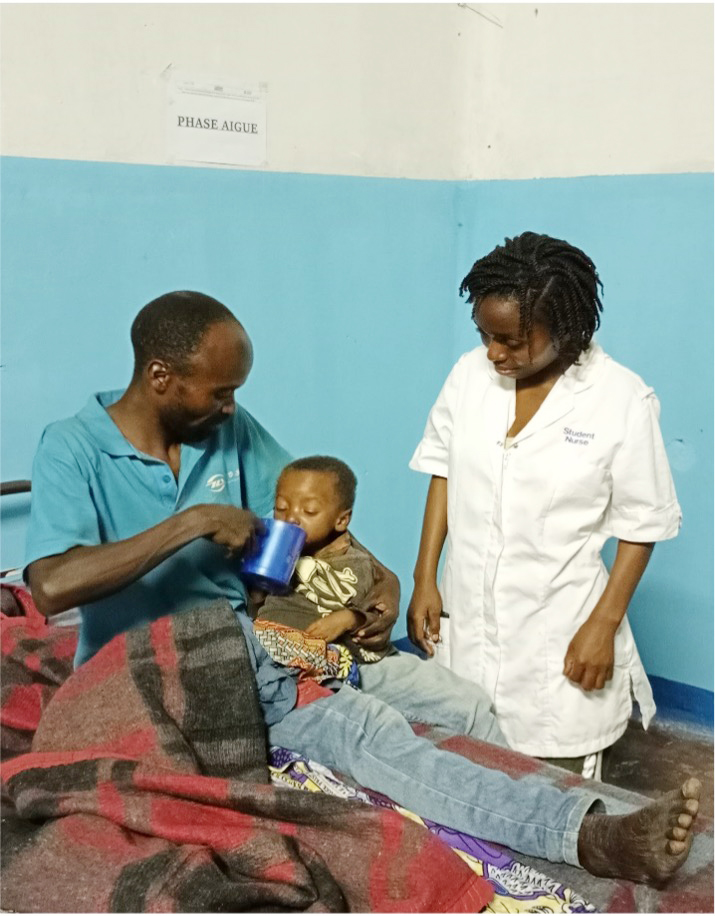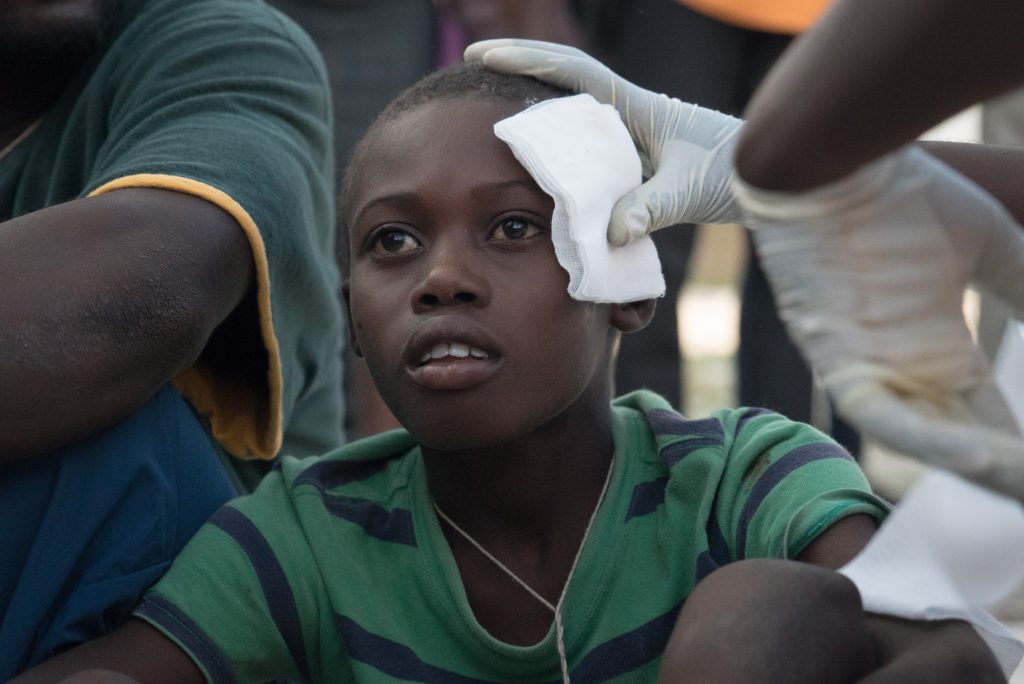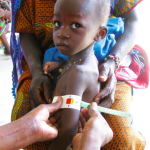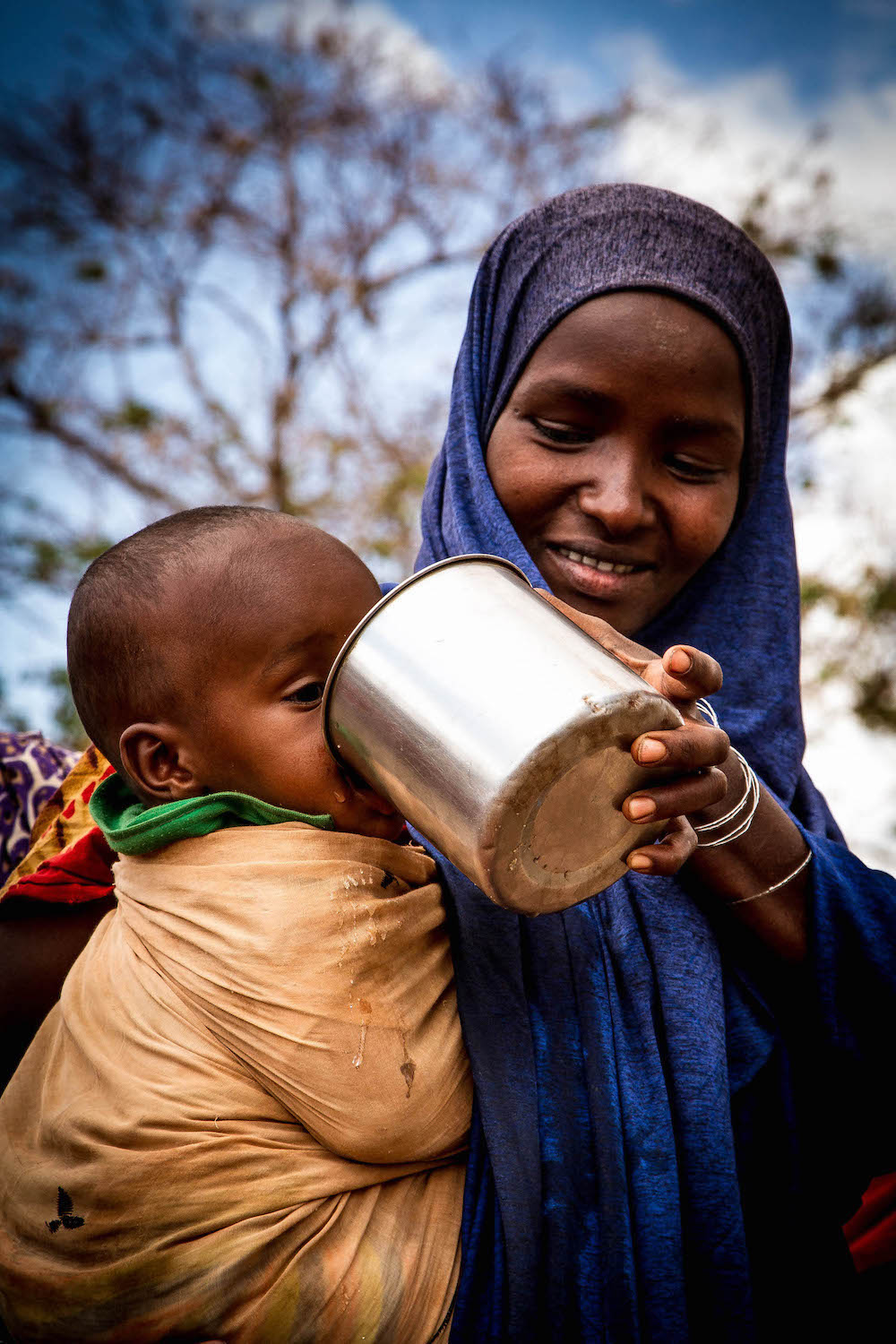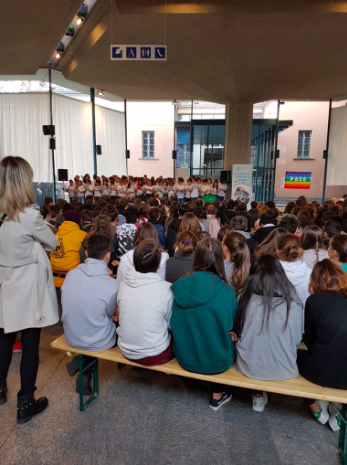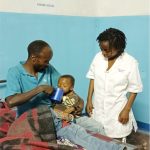Since the beginning of the project "Improving climate resilience and food security in the rural municipalities of Soucoucoutane e Dogonkiria ", the international COOPI network has organized four agricultural fairs in the Dosso region, in Niger, with the help of COOPI Suisse regarding awareness campaigns on nutritional and sanitary education.
In this country, where most of the population lives in rural areas, agriculture is a sector that can generate wealth and jobs. However, because of climate change and frequent droughts, the crops become increasingly scarce and are no longer sufficient to give the Nigerian families a decent life.
Over the last years more and more men have abandoned their villages in search for seasonal work, leaving women the task of dealing with climate change's consequences, as explained in the reportage of the journalist James Zandonini, which was created for the Swiss radio and television broadcast RSI.
To revert this trend, four agricultural fairs were organized with the goal of promoting the use of improved seeds, seeds that are suited to deal with climate change (eg. periods marked by a severe drought) and which produce good harvests, even in areas with unfavourable climatic conditions.
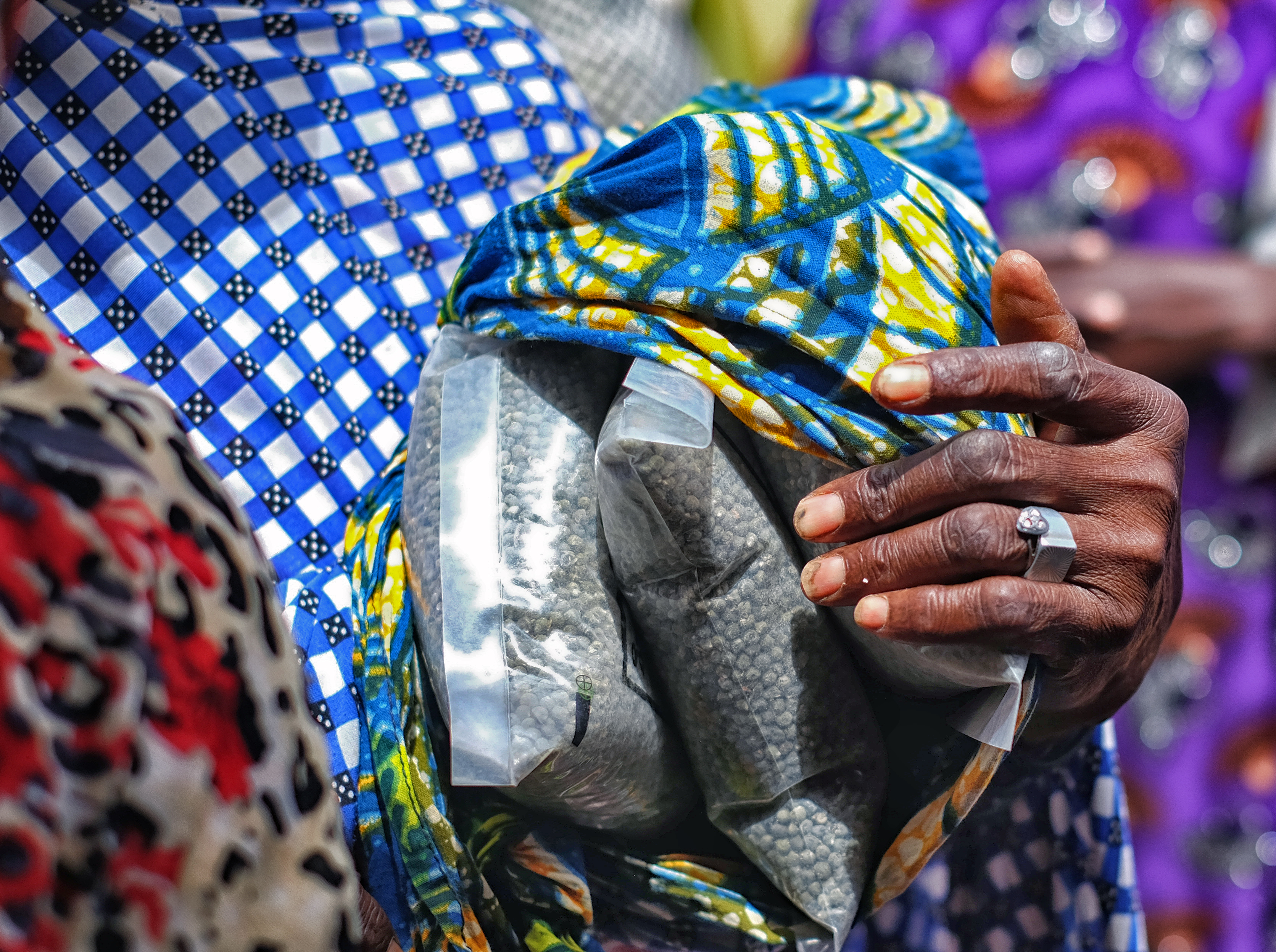
Revised and improved seeds during the agricultural fair in the Dosso region
It is the farmers themselves who have noticed the amazing results of these products: "Last year I tried to seed a part of my field with these new seeds and the harvest has been very good. This year I decided to buy enough seeds to plant them all over my land, and the same has happened to other families in my village who have been amazed by the quality of these seeds”.
The distribution of these improved types of seeds do not run out at the end of the project: our priority was to make seeds available locally by creating six stores that provide products for agriculture (Agricultural Inputs Stores - B.I.A.), and who specialize in the sale of these products. The initiative took off from the beginning of the project, not only giving us new jobs, but also making the tools one needs to adapt and cope with climate changes.

